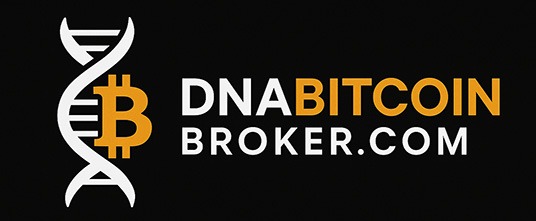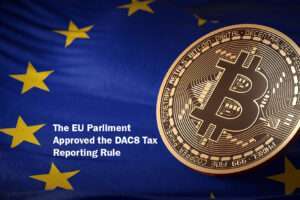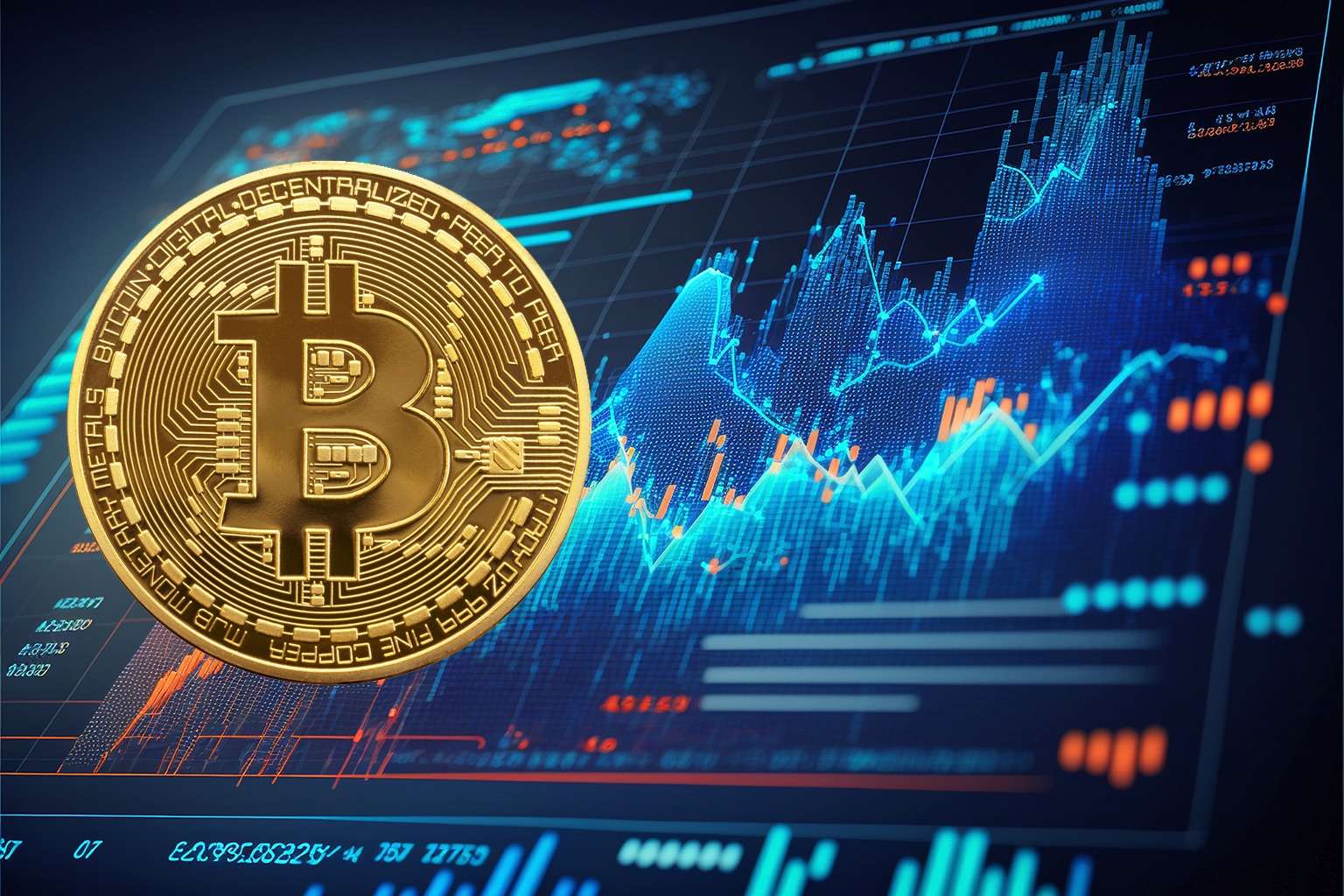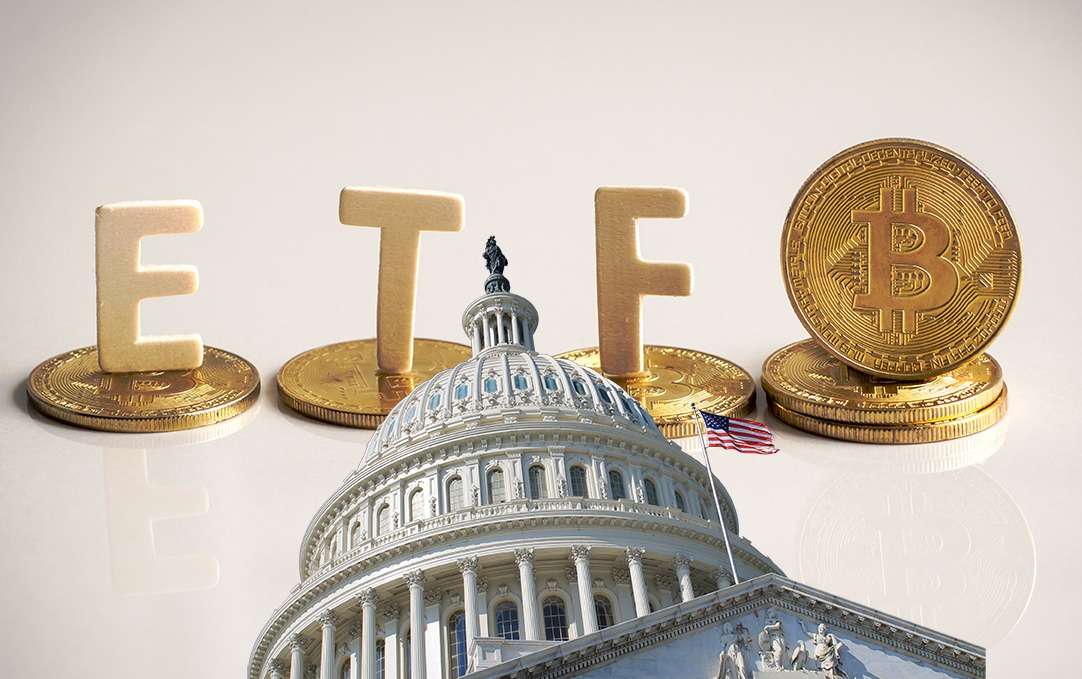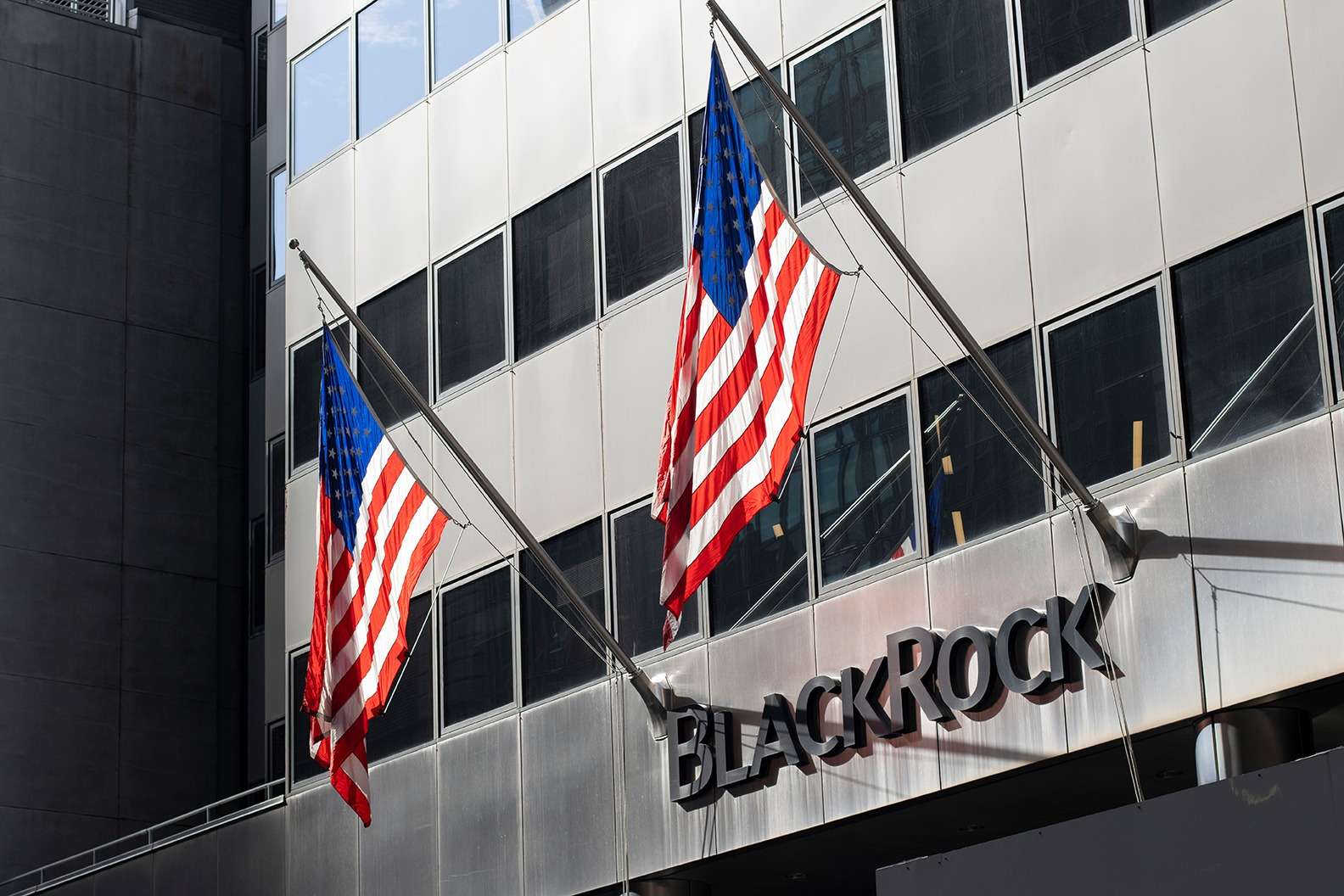Bitcoin being the world’s largest and most popular digital currency has achieved another feat by processing its one billionth transaction on the network. This significant milestone proves that Bitcoin is still here and it means business.
The Journey to a Billion Transactions
Created by the anonymous inventor Satoshi Nakamoto, the history of Bitcoin started with the mining of the first block in January 2009. Initially launched as a peer-to-peer payment system, it was the first decentralized cryptocurrency based on Blockchain technology, thus paving the way for the future of financial transactions.
Since its inception, Bitcoin has maintained its essence as a form of digital currency. At the same time, the issues of scalability, transaction costs, and the use of Bitcoin have led to the rise of numerous developments within the Bitcoin ecosystem.
Innovations Driving Transaction Growth
The past few weeks have been quite active, especially with the emergence of Bitcoin Ordinals and Runes. These innovations have led to debates on the evolution of the network in the management of tokenized assets. Bitcoin is said to be slow for NFTs and fungible tokens compared to other blockchains such as Solana and Ethereum, but it is changing the narrative.
With Bitcoin Ordinals, a way of engraving data on satoshis – the smallest unit of Bitcoin, NFTs can be introduced to the Bitcoin network. This creates a new type of asset tokenization in Bitcoin’s ecosystem. Similarly, the introduction of Runes – a fungible token protocol – together with the most recent halving event, has provided proof of new areas of use, including meme coins and decentralized finance solutions on the Bitcoin network.
Effects on Transaction Fees and The Halving Event
These token protocols only came on the market recently and were followed by the latest Bitcoin halving in April 2024; this resulted in the highest transaction fees ever. This event takes place roughly every four years and reduces miners’ rewards by 50%; this time, the rewards are cut from 6. 25 to 3. 125 Bitcoins.
These scenarios have given rise to meaningful discussions and sometimes even controversies on issues concerning the security of the network, the remunerations of the miners, and even the repercussions on the prices of Bitcoin.
A Glimpse into the Future
The fact that Bitcoin has processed over 1 billion transactions points to the stability and flexibility of the digital currency. As the Cryptocurrency market’s pioneer has transformed from a simple P2P payments tool into a venue for tokenized asset trading, it has faced its share of problems. Yet, Bitcoin remains a leader in the Cryptocurrency race.
The use of Tokenized assets and the effects of halving are paving the way to an exciting and more complex future. These developments strengthen Bitcoin’s position as the industry’s leading entity and open new horizons for developers, investors and users.
For the world’s first decentralized digital currency, the issue now is about preserving Bitcoin’s history and how this virtual currency can further evolve. Thus, after the billion-transaction mark has been reached, the future of Bitcoin and the opportunities ahead seem almost limitless.
Image Source: Adobe Stock
Disclaimer: This article is provided for informational purposes only. It is not offered or intended to be used for legal, tax, investment, financial or other advice.
